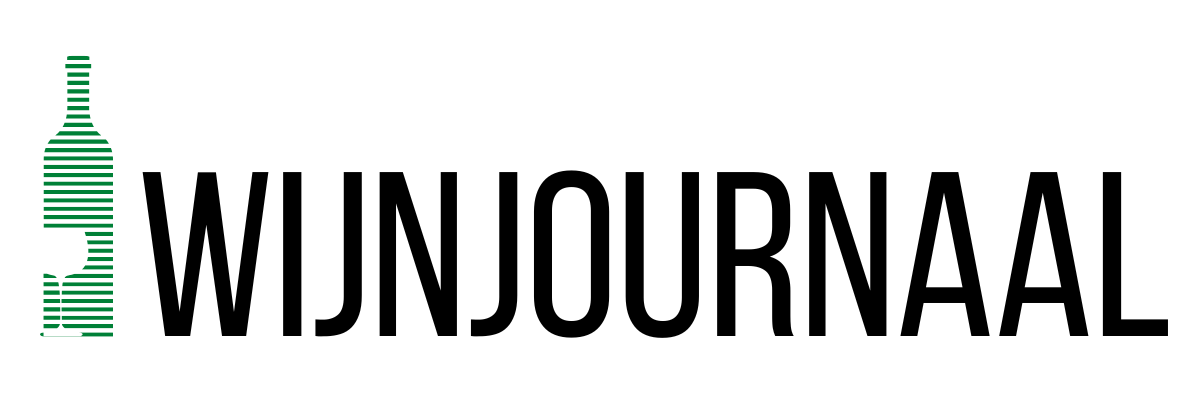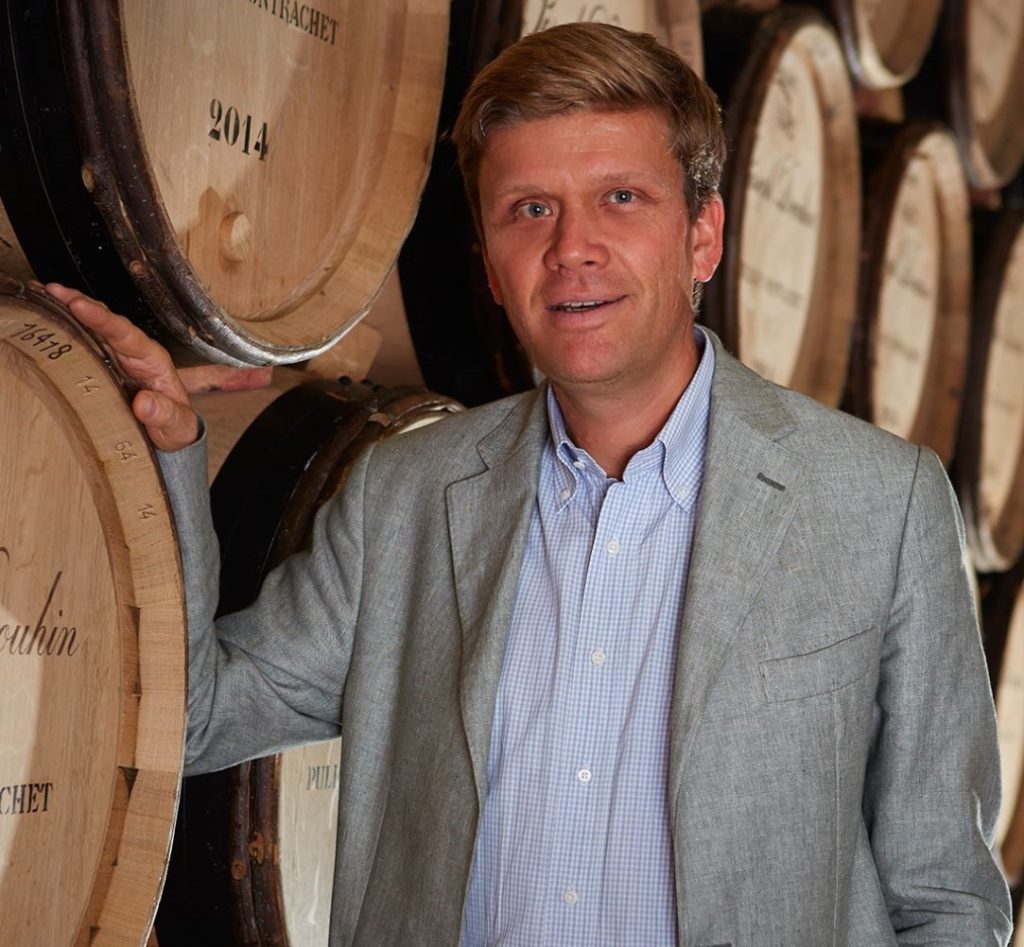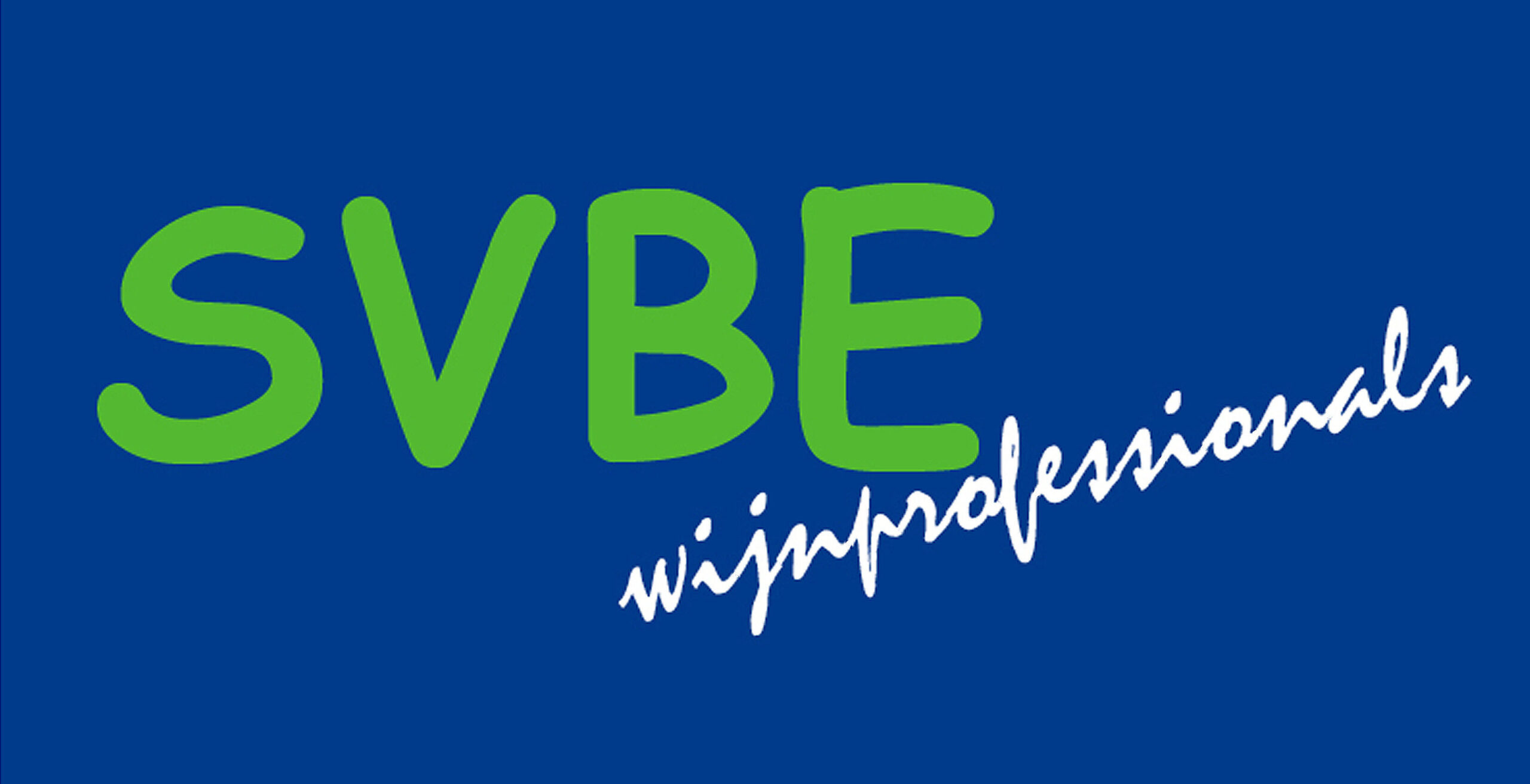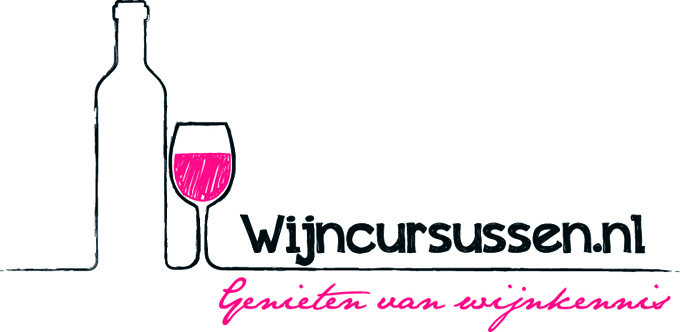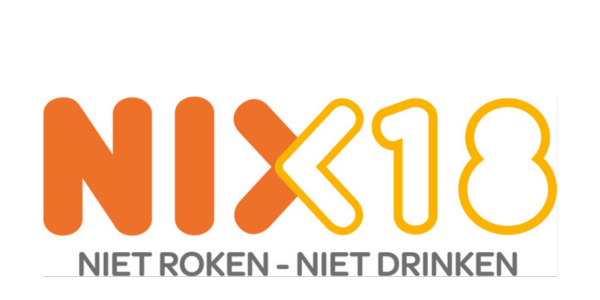On Monday 22 March, the permanent committee of the Bourgogne Wine Board (BIVB) appointed as its new President Frédéric Drouhin, whose family has been in the négoce business for generations.
The BIVB’s former president, Louis-Fabrice Latour, gave personal reasons for resigning from the post that he has held since 1 January 2020. He will, however, remain involved with BIVB governance. Frédéric Drouhin, CEO of the Maison Joseph Drouhin in Beaune, was elected to the post by the permanent committee following his nomination by the Fédération des Négociants-Eleveurs de Bourgogne (FNEB).
The appointment will be effective until the end of the current mandate in December 2021. “Over the coming months, I will mainly be focusing on two subjects that seem to me to be particularly important in terms of underpinning our future,” Drouhin said. “Firstly, our
‘Terroir and Territory: A Commitment for the Future’ regional charter, which sets out our vision of the place of wine in our society, respecting the environment and those living within it, and will see us paying the same attention to those around us as to the fruit of the vines when we make our wine. And secondly, the Cité des vins et des Climats de Bourgogne, the gateway to Bourgogne, which symbolizes our desire to invite a wide public into our world. This welcome is another key strength of Bourgogne. It is by building on these values shared by both inegrowers and négociants that we will also be able to develop economic value for our territory and our
businesses.”
François Labet, who represents the winegrowing side of the industry, will remain in his role as Vice President of the BIVB.
About the Bourgogne Wine Board (BIVB) The Bourgogne Wine Board is a professional organization that brings together all winegrowers and wine merchants from the Bourgogne region. Its role is to represent and protect the interests of Bourgogne winemakers and merchants, to define industry policy in technical, economic and marketing terms, and to
conduct promotional activities.
Bourgogne is like a 30,000-hectare patchwork, representing just 0.5% of world wine production with an average of almost 200 million bottles annually. No other French region so neatly encapsulates the notion of terroir in such great quality wines. What makes Bourgogne wines stand out from the crowd is the intimate relationship between the soil, the influence of the microclimate, the grape variety, and the work of the winegrower.
